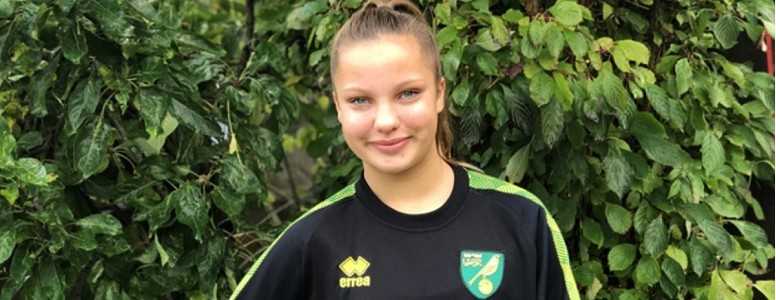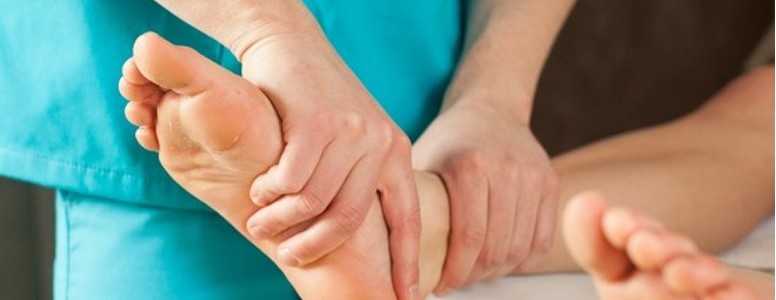A 12-year-old from Norwich says she can now comfortably play a full game of football thanks to the world’s first self-adjusting insulin pump.
Tilly-Rose Dade was diagnosed with type 1 diabetes aged four but has proven diabetes will not hold her back from living an active lifestyle and one day aims to become a professional footballer.
Technology is a key factor in helping Tilly-Rose to manage her condition while playing the sport. The youngster is currently one of a small number of people in the UK using the Medtronic MiniMed 670G system.
The MiniMed 670G system is Medtronic’s most advanced system so far. The system involves continuous glucose monitoring and insulin pump technology. The pump is set up with algorithms to automatically prevent and correct high and low blood glucose levels. The 670G achieves this by responding to glucose levels from the sensor by releasing extra or less insulin as and when needed.
Speaking to the Norwich Evening News, Tilly-Rose said: “It’s been really brilliant for me. In the past when I played, if my blood levels were too high or low it would really affect me on the pitch. I would have to come off every ten minutes or have to keep taking drinks – it was frustrating. But now, I feel comfortable playing a whole game, which is brilliant.”
The youngster from Norwich says the technology has made her day-to-day routine easier, leading to improved concentration levels at school and a better night’s sleep.
Tilly-Rose’s mum, Samantha, explained how the system has made such a positive impact on her daughter’s life, “It really has made a world of difference for us. In the past her levels would really affect her sleep patterns. If she had a bad turn, she would wake up in the middle of the night then not be able to get up in the morning and it had a real impact on her.
“Since she started using the MiniMed, her performance at school and attendance have improved and she’s generally been more confident, safer and happier. It has really got things under control for us and has made such a difference.”
Picture credit: Victoria Pertusa / Norwich Evening News




